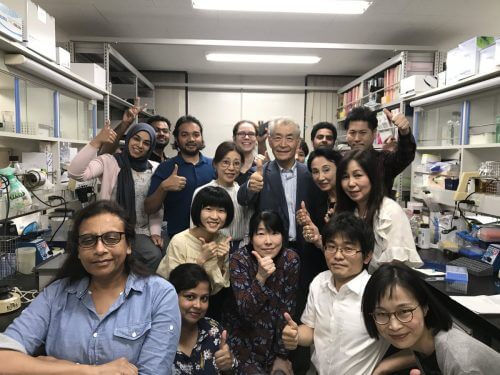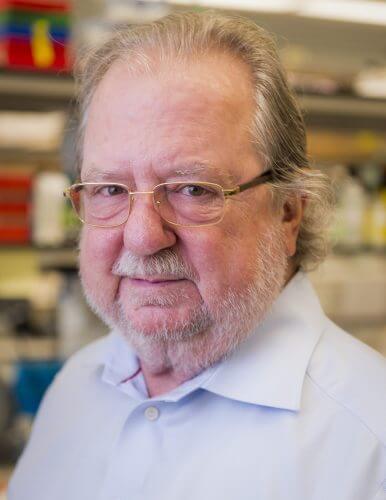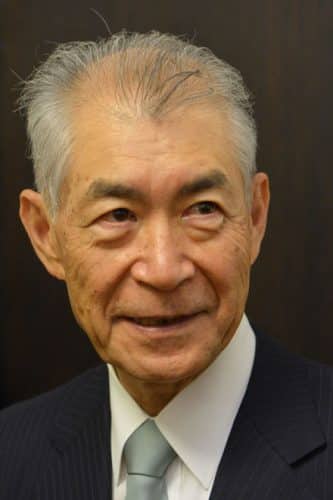The Nobel Prize in Medicine for 2018 was awarded to two researchers: James Ellison from the USA and Tasuku Honjo from Japan for their discovery of curing cancer by inhibiting negative immune regulation. Their healing mechanism is based on immune checkpoint inhibitors. In addition, Ellison received a Wolf Prize last year for his breakthrough - identification of a T-cell receptor that allows cancer cells to disrupt their immune activity.

The 2018 Nobel Prize in Medicine was awarded to two researchers: James Ellison from the USA and Tasuku Honjo from Japan for their discovery of curing cancer by inhibiting negative immune regulation. Their healing mechanism is based on immune checkpoint inhibitors.
Until the revelation of the discoveries for which the two 2018 Nobel laureates are responsible, progress in the clinical development of cancer cures was slow. The idea of 'healing with the help of checkpoints of the immune system' resulted in a breakthrough in the field of cancer treatment and fundamentally changed the way we treat cancerous tumors.
Cancer causes the death of millions of people every year and is one of humanity's greatest challenges. By stimulating our immune system's ability to attack cancer cells, the 2018 Nobel Laureates in Medicine have pioneered an entirely new concept for curing cancer.

Professor James P. Allison, who heads the Department of Immunology at the Anderson Cancer Institute, received the Harvey Award in 2014 for developing a new paradigm for cancer treatment and for his theoretical and applied contribution to cancer treatment. The Anderson Institute, affiliated to the University of Texas, ranks first among cancer institutes in the US.
Alison, who was born in 1948 in Texas, deals in the field of immunotherapy - treatment by strengthening the immune system - mainly in the context of cancer treatment. He extensively studied the T cells, which play an important role in the immune system, and discovered that a molecule called CTLA-4, which inhibits them, prevents them from attacking cancerous tumors. Following the discovery, Professor Allison developed an antibody that would block that inhibitory molecule and thus allow the T cells to 'do their job' and attack the tumor. Following his research, the drug Ipilimumab (trade name Yervoy) was developed, which was approved by the FDA in May 2011 for the treatment of advanced melanoma. Currently, Ellison is investigating possibilities of using it and similar inhibitory drugs to treat other types of cancer.
In addition, James Ellison received the Wolf Prize last year for his breakthrough - identification of a T-cell receptor that allows cancer cells to disrupt their immune activity.
CEO of the Wolff Foundation, Reut Yanon Berman: "The Wolff Foundation congratulates Prof. James Ellison on winning the Nobel Prize as a direct result of his winning the Wolff Prize. We are proud to continue to lead the recognition of groundbreaking scientists in their field, to encourage excellence and to serve as an example for the future generation.''

Tsuko Honjo was born in 1942 in Kyoto, Japan. In 1966 he received his degree in medicine (MD) and in 1974-1971 he was a research fellow in the USA at the Carnegie Institution in Washington and the National Institutes of Health in Maryland. He received his doctorate (PhD) in 1975 from Kyoto University. In the years 1979-1974 he served as a faculty member at the University of Tokyo and in the years 1984-1979 at the University of Osaka. Since 1984 he has been a professor at Kyoto University. He served as faculty dean in 2000-1996 and in 2004-2002 at Kyoto University.
More of the topic in Hayadan:
